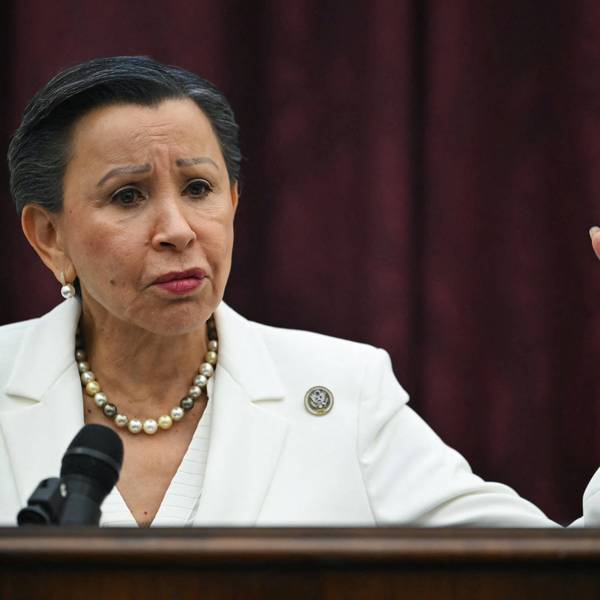The US, Canada, China and Europe are the world powers which have contributed to the fast deterioration of the quality of life of Central Americans through exploitation schemes and political pressure. From the destruction of local economies as a result of the signing of the Dominican Republic-Central America Free Trade Agreement (DR-CAFTA), to the reinforcement of commercial policies which avoid compliance with human rights, and to the Association Agreement between the European Union and Central America, which protects and consolidates the domination and control by large corporations of the energy matrix of Central American countries.
Could the region this time be the space for testing a set of policies precisely in the opposite direction? Could progressive forces on both sides of the Atlantic dare to push for a Green New Deal for Central America as a response to the current crisis?
Would it be possible for the developed world to imagine a moratorium for the countries which are the most unequal, violent and vulnerable to climate change, allowing their people enough flexibility to exceptionally apply another economic model? Clean energy? Decent jobs? Native seeds?
Central America accounts for 7% of the world's biodiversity despite its small size. It leads the ranking of the most unequal countries in the world and of the poorest countries in the Americas, and it is home to four of the fifty most violent cities in the world. If economic slowdown is added to extreme vulnerability to climate change, lack of active public inclusion policies for women and marked racism to indigenous and Afro-descendant populations, it is obvious that the number of people willing to migrate to the North, even risking everything, will only increase.
A Green New Deal for Central America would allow for the possibility of conducting pilot testing, giving concrete shape to and defending a different future - no longer as an idea, but as a proven reality. Replacing fragile and failed institutions with architecture that results from economic and ecological transformation, empowering indigenous and peasant communities, regaining control of the natural commons, reversing the fast disappearance of unique species, preserving the remaining oxygen reserves in the region, compensating Central American countries for the impact that 10% of the world inflicts on them, putting them on the map of the countries most at risk from the global climate crisis. These changes do not depend on the congresses of these countries. They depend on Washington, Brussels and the international financial institutions.
If radical change is not the option, humanitarian aid patches will end up in the pockets of contractors who are linked to the security industry.
This humanitarian crisis summarizes the failures of the system that the world inflicts on the poor, pushing them to cross seas and deserts, and to risk everything while seeking a better life. At the same time, it is also an opportunity for a radical change, for transcending discourses which promise palliative "sustainable futures" that nobody is willing to finance. It is an opportunity for raising international solidarity on the basis of a concrete plan - beyond words and paper.
If the Green New Deal does not work here and now, if it cannot surpass humanitarian camp reactions and massive exoduses and produce a positive agenda, tomorrow will be too late. If we seal a new social contract, we must include everyone, we must make sure that no one is left behind - starting with those to whom we owe the most.




